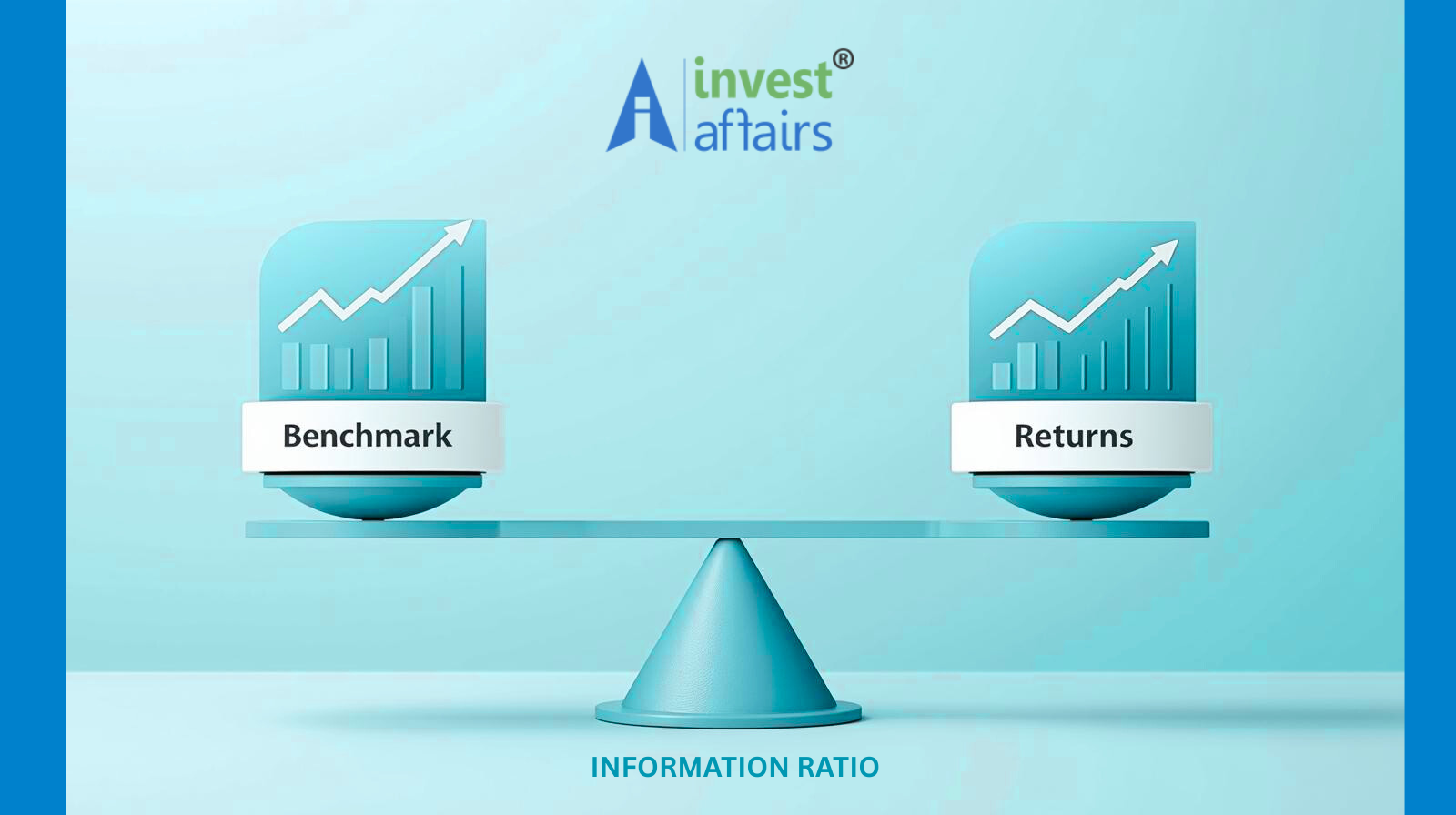-WAYS TO PROMOTE RESILIENCE DURING MARKET SHIFTS
January 13, 2025, hasn't been a particularly favourable day for the markets. It's important to recognize that similar situations could arise again, as this volatility is an inherent characteristic of market behaviour. As investors, we frequently encounter challenging periods marked by uncertainty and swift changes. Such turbulent environments can provoke a spectrum of emotions—fear, anxiety, and even panic—which may drive us to make hasty decisions that deviate from our long-term investment strategies.
Here are some thoughts to consider as we reflect on the mistakes we tend to make during these tough phases:
- Emotional Decision-Making: During market volatility, emotions can cloud judgment. Fear may drive investors to sell valuable assets at a loss, while unwarranted optimism can lead to risky investments. Staying calm and adhering to investment principles and long-term goals is crucial.
- Short-Term Focus: Volatility can skew our view, leading us to emphasize short-term fluctuations over long-term growth. It's important to recognize that the market operates in cycles and short-term dips can be opportunities rather than threats. Keeping a long-term perspective helps avoid the mistakes of attempting to time the market.
- Lack of Diversification: In unstable times, investors often seek 'safer' assets, overlooking diversification's importance. A well-rounded portfolio mitigates risk by spreading exposure across asset classes, while lack of diversification leaves investors vulnerable to significant losses.
- Chasing Performance: In volatile markets, investors may chase trending assets, resulting in speculation instead of strategy. This often leads to buying high, only to see prices plummet shortly after. . It's important to stick to your investment strategy and conduct thorough research rather than following the crowd.
- Overreacting to News: Financial media can exaggerate market volatility, causing impulsive decisions based on headlines. A disciplined critical approach to information is essential.
- Neglecting Risk Management: During stable markets, risk management may seem less critical, but in volatile times, it's vital to assess risk tolerance and adjust your portfolio. Strategies like rebalancing can help protect against sudden downturns.
WHAT YOU SHOULD DO WHEN THE MARKET IS DOWN?
Understand Your Risk Tolerance
Many investors can vividly recall their first encounter with a market downturn, which often proved to be quite unsettling. Therefore, it is crucial to assess your risk tolerance before constructing your portfolio, rather than waiting until a market sell-off occurs. Your risk tolerance is influenced by various elements, including your investment timeline, cash flow needs, and your emotional reactions to financial losses.
One key aspect to consider is your investment time horizon. For instance, retirees or those nearing retirement, primarily, the focus would be typically on safeguarding capital and generating income. On the other hand, younger investors will possibly aim for long-term growth, as they have a longer timeframe to recover from potential losses during downturns.
Prepare For and Limit Your Losses
In the end, it's important to prepare for the worst and establish a robust strategy to mitigate potential losses. Investors can do this by diversifying their investments, which helps in spreading risk and minimizing overall exposure.
Reducing risk can affect potential returns, highlighting the risk-return trade-off. Effective portfolio diversification can mitigate downside risks. Each investor's portfolio should align with their unique risk tolerance, goals, time frame, and objectives.
Focus on the Long Term
Returns can be volatile in the short term, but they generally outperform other asset classes long-term. Over time, significant drops appear as minor blips in an upward trend. Keeping a long-term perspective can help you view market declines as opportunities to purchase quality stocks at attractive prices.
During downturns when the value of your portfolio decreases significantly, it’s tempting to ask yourself whether it's time to bail out of the stock market. That’s understandable, but most likely not the best decision. Instead, you should perhaps be asking:
a)"Should I buy more?"
The answer is maybe.
b)“What should I not do?”
The answer is simple- Don’t panic.
WHY YOU SHOULDN'T PANIC
Panic selling and redeeming units is often people’s gut reaction when stocks are plunging and there’s a drastic drop in the value of their portfolios.
That’s why it’s important to know beforehand about your risk tolerance and how price fluctuations or volatility will affect you, something that our experts always insist upon while designing your portfolio. You can also mitigate market risk by hedging your portfolio through diversification. There are several case studies and blogs on our website hovering around these topics which you may consider reading.
THE CYCLICAL NATURE OF THE MARKET
The market is cyclical, and downturns are temporary. It's better to think long-term than panic sell during low stock prices, especially with current markets down 14-15% since September. Furthermore, volatility can present buying opportunities for quality assets at discounted rates. While many fear further losses and shy away from investing, understanding that market corrections are part of a healthy cycle can foster an opportunistic mindset. Continue your SIPs to buy units at lower prices, consider hybrid or balanced advantage funds, and embrace volatility. Staggered investments are typically beneficial—there's no need to move entirely to cash or fixed deposits. Avoid a binary approach to investing.
THE BOTTOM LINE
While volatility is an inherent aspect of the financial markets, how we respond to it can significantly impact our investment success. By being aware of the common pitfalls, we face during these times and striving to maintain a level-headed approach, we can navigate market fluctuations more effectively. Ultimately, cultivating discipline, patience, and a sound investment strategy will serve us well, even on the stormiest of market days.
Disclaimer: The data and information has been sourced from various domains available to the public. We have taken utmost care to represent the same as factually as has been made available. Please do not make any decisions based on our blogpost. Kindly check the data & information independently. For further guidance on finance and investment please reach out to our experts at Investaffairs.
If you have any Personal Finance query, do write to us
Categories
Recent Posts






